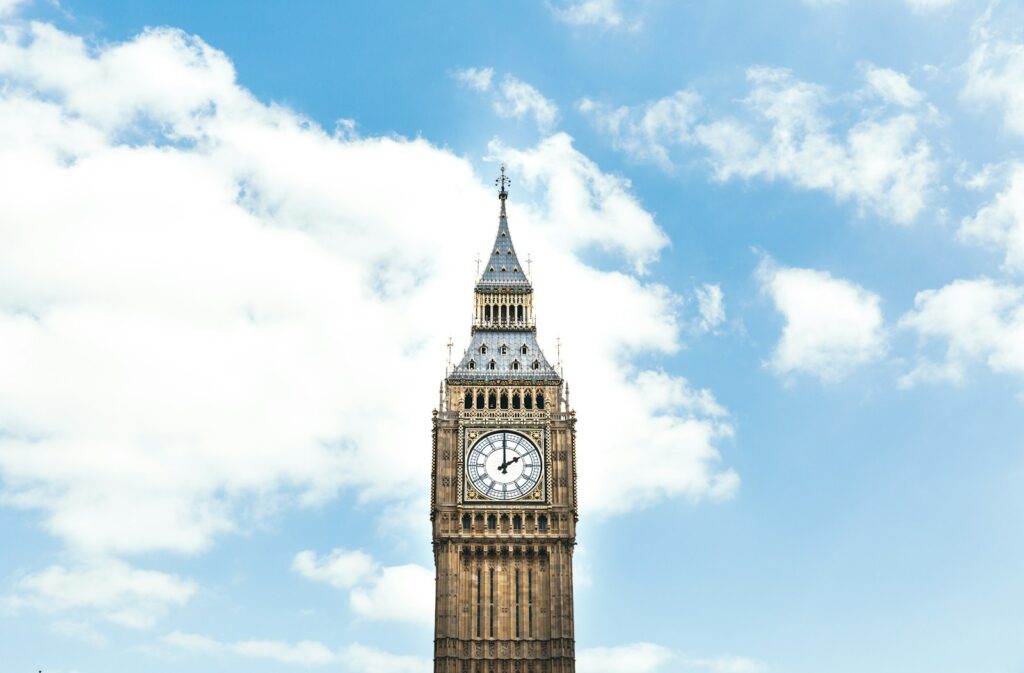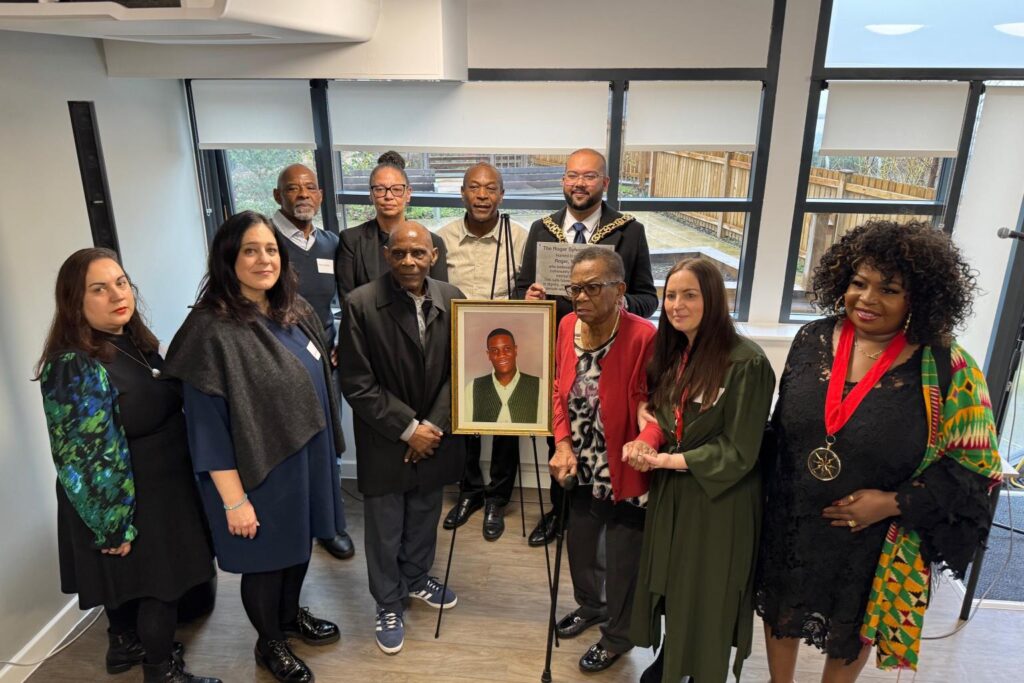Chief executive of the NHS has positively declared that staff have diagnosed tens of thousands more people with dementia since the start of the Covid-19 pandemic.
At the NHS Providers annual conference, which was held in Liverpool on Wednesday 15th November, Amanda Pritchard, chief executive of the NHS, declared that health professionals have diagnosed 475,573 people with dementia in September – up more than the same time last year, with diagnosis rates now at a three year high.
This news was accepted with open arms as the ambition to diagnose 66.7% of over 65s who have the condition has not been met since March 2020 – this target was set to try and reduce the number of people in hospital beds.
Although the target has not been fully met, health chiefs are expecting it will be reached in 2024.
In order to complete this task, in 14 parts of England care home residents are being proactively assessed for the condition by specialist nurses and other health professionals. The programme has led to 69.1% of people being diagnosed in the North West and 66.9% in North England.
Amanda Pritchard, NHS chief executive said: ‘A dementia diagnosis can be incredibly daunting for people and their families, but an early diagnosis can ensure that they get the support they need as quickly as possible.
‘Thanks to the efforts of NHS staff, tens of thousands more people are now getting a diagnosis than this time last year which opens up doors to further support for patients and their families who suffer from this heart-breaking disease.
‘There are many things we can do in the health and care sector to support people if they do get a diagnosis, and importantly there is support for their families and carers too.
‘We will press on with our efforts and outreach to detect dementia earlier and I am determined that by next year, we will reach our ambition of diagnosing two thirds of people with dementia so that they don’t have to go through it alone.
‘If you have noticed that someone has symptoms, please encourage them to visit their GP for an assessment – the sooner someone is seen the quicker the NHS can help.’
In addition, Samantha Benham Hermetz, executive director of policy and communications at Alzheimer’s Research UK, has called the diagnosis improvement ‘encouraging’, but has also claimed ‘there is still a long way to go’.
‘Since the start of the pandemic, getting an early and accurate dementia diagnosis has been extremely challenging for some people and communities in England,’ said Samantha. ‘So it’s encouraging to see the NHS start to make some headway to improve dementia diagnosis rates, particularly in the North West and North East.’
Samantha added: ‘With new treatments for early Alzheimer’s disease on the horizon, now more than ever there needs to be sustained investment in the diagnostic pathway to make sure it’s fit for purpose and fit for the future.’
Image: geralt
The best ways to support dementia patients when the clocks go back
New policy research unit to improve dementia prevention, diagnosis and care

















Leave a Reply